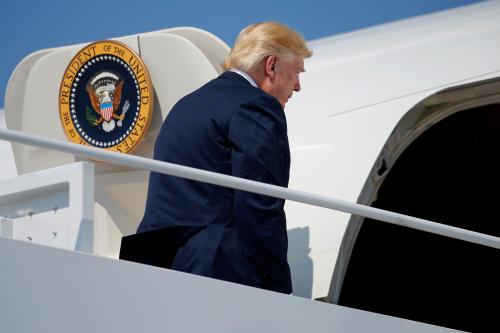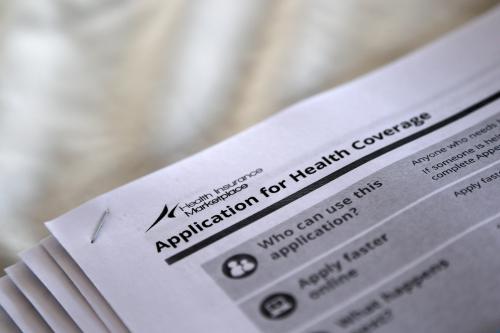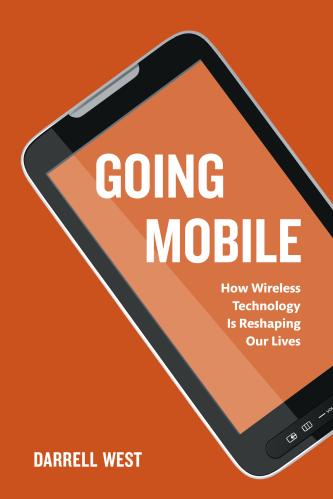The working-class voters who put Donald Trump over the top in 2016 made him president to fix the economy and revive their communities. Mounting evidence suggests that they are less enthusiastic about the rest of his agenda. If he is seen as focusing on non-economic issues, his recent loss of public support may well continue.
The April 5 Quinnipiac poll illustrates this problem.
- 64 percent of voters oppose building a wall on our southern border.
- 72 percent oppose lowering taxes on the wealthy.
- 62 percent oppose removing regulations intended to combat climate change; 65 percent believe that climate change is “primarily” caused by human activity; 59 percent want the United States to do more to address this problem; 68 percent think that we can do so and protect jobs at the same time.
With the exception of building the wall, majorities of white voters without college degrees lean in the same direction as the overall electorate.
Healthcare is flashing another warning signal. As the debate over repealing the Affordable Care Act (AKA “Obamacare”) has unfolded, public sentiment has shifted from “repeal and replace” toward a strategy of “repair and retain.” In the meantime, the people are holding President Trump and congressional Republicans responsible for the condition of the healthcare system.
In the wake of the failed effort in the House of Representatives to repeal the law, President Trump threatened to leave the law alone and let it self-destruct. But the April Kaiser Family Foundation survey finds that 75 percent of the public wants the president and the Republicans to do what they can to make the law work, compared to only 19 percent who think they should let the law fail so they can replace it later. Moreover, 61 percent say that the president and the Republicans are now in charge and are responsible for problems with the ACA—not President Obama and the Democrats who enacted it.
By contrast, Quinnipiac finds that 89 percent of Americans, including 84 percent of Republicans and 87 percent of whites without college degrees, support “increased federal spending for roads, bridges, mass transit, and other infrastructure.”
In short, President Trump would be well-advised to shift his focus back toward the kinds of core economic issues—such as rebuilding America—that got him elected in the first place.
The Brookings Institution is committed to quality, independence, and impact.
We are supported by a diverse array of funders. In line with our values and policies, each Brookings publication represents the sole views of its author(s).











Commentary
Polling Spotlight: Why Trump needs to go back to economic issues
April 7, 2017